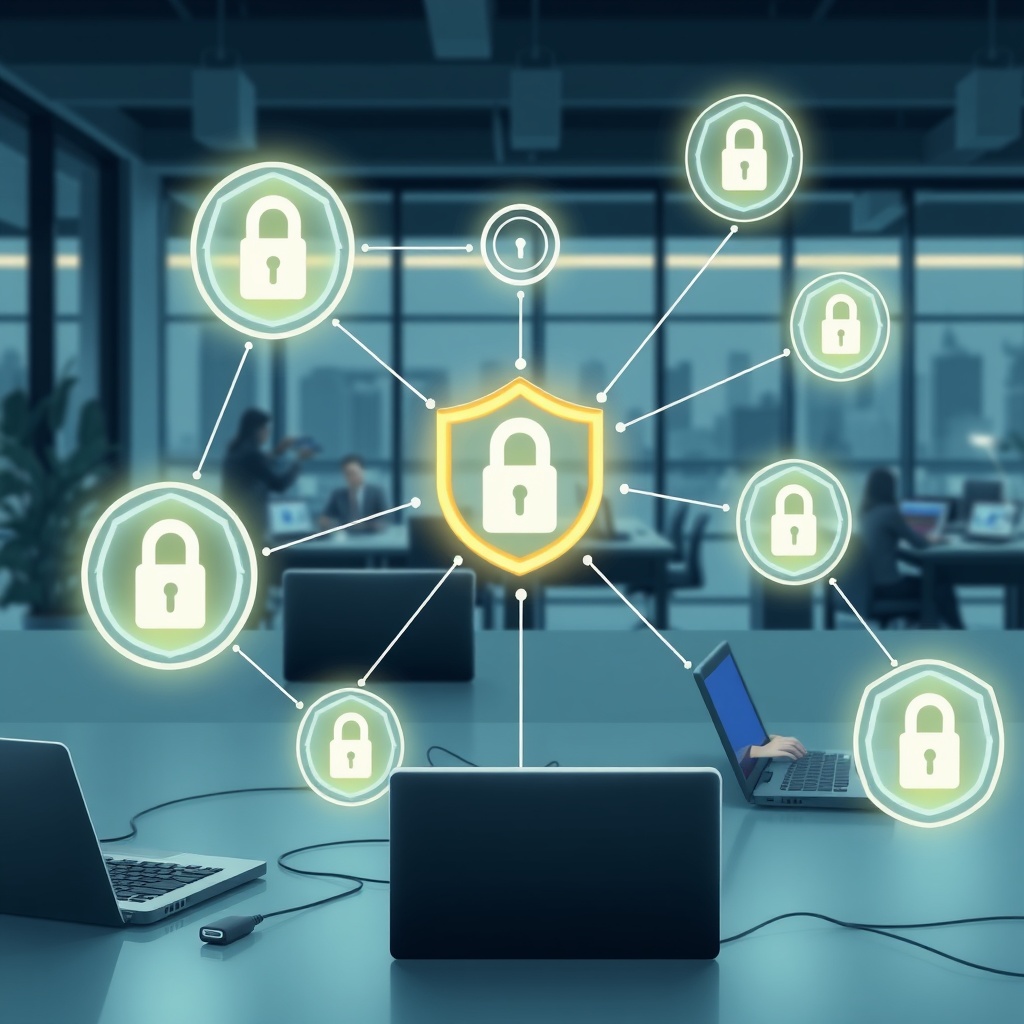As our reliance on remote work and digital interactions increases, the need for secure, reliable access to networks has never been more critical. Enter decentralized systems, a game-changing approach to managing secure remote access and VPNs. These systems not only enhance security but also provide a level of flexibility and resilience that traditional models often lack. In this article, we will explore how decentralized systems are reshaping the landscape of remote connectivity.
Understanding the Decentralized Paradigm

Decentralized systems operate on the principle of distributing control across multiple nodes rather than relying on a single point of failure. This architecture not only mitigates risks associated with centralization, such as data breaches and server downtime, but also empowers users with greater autonomy over their data and access rights. By leveraging technologies like blockchain and peer-to-peer networking, organizations can create a more robust framework for remote access.
Benefits of Decentralized VPNs

Decentralized VPNs (dVPNs) offer a plethora of advantages that traditional VPNs simply cannot match. Here are some key benefits that make them an attractive choice for businesses and individuals alike:
- Enhanced Security: With no central server, dVPNs are less susceptible to attacks and data logging.
- Improved Privacy: Users can connect through a network of nodes, making it challenging for third parties to track their online activities.
- Resilience to Censorship: Decentralization allows users to bypass geo-restrictions and censorship imposed by governments or ISPs.
- Cost-Effectiveness: By utilizing existing infrastructure, dVPNs can reduce operational costs compared to traditional VPN services.
Challenges and Future Directions
While the benefits of decentralized systems for remote access and VPNs are compelling, they are not without challenges. Issues such as scalability, user experience, and legal compliance must be addressed to fully realize their potential. However, with ongoing advancements in technology and a growing emphasis on privacy and security, the future looks bright for decentralized connectivity solutions. As more businesses and individuals embrace this innovative approach, we can expect to see a paradigm shift in how we think about secure remote access.


















